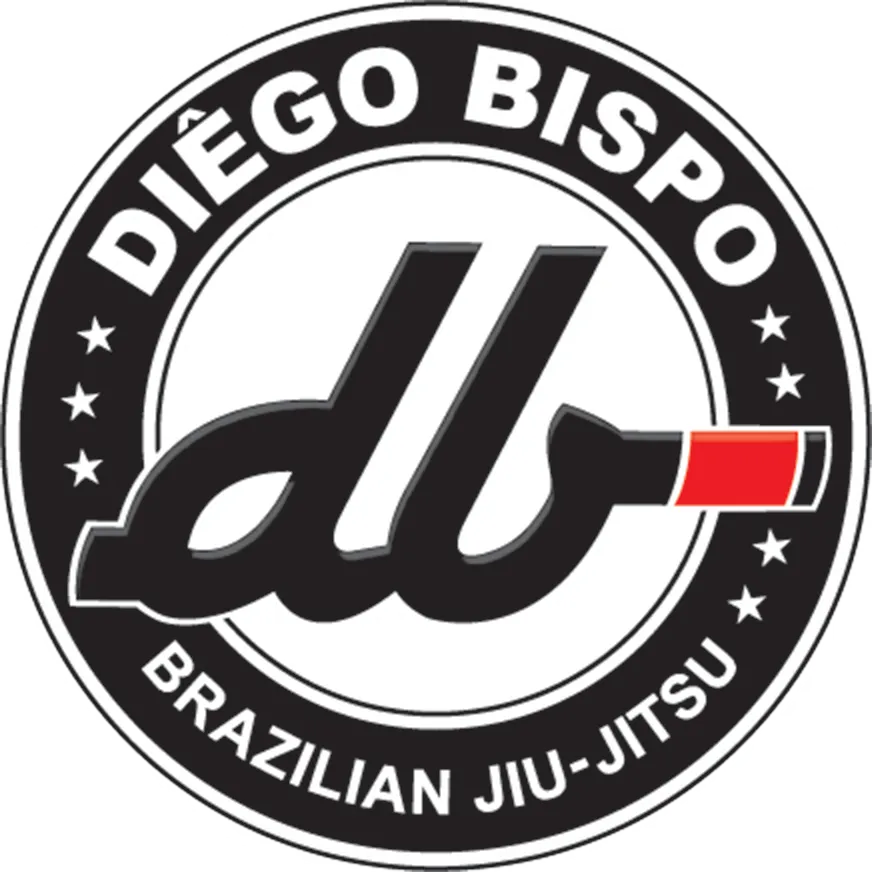CONTACT US
We're Here To Help You Reach Your Goals!
We eagerly anticipate welcoming future practitioners as they embark on their jiu-jitsu journey with us.
Whether you're a complete beginner seeking to explore the art for the first time or a seasoned athlete looking to refine your skills, our doors are open to all.
At our academy, we strive to create a supportive and inclusive environment where individuals of all backgrounds and abilities can thrive and grow.
We're committed to providing top-notch instruction, fostering camaraderie, and helping each practitioner reach their fullest potential on and off the mat.
So, if you're ready to take the first step towards a transformative journey in jiu-jitsu, we invite you to reach out and join our community.
Your journey starts here, and we can't wait to be a part of it!
Call or Text
757-563-3432
Start Your Journey!
REACH YOUR GOALS
Fill out the form below to get started. Our world-class staff will contact you to get you registered for your first class!.

QUESTIONS?
Diego Bispo Academy
509 Viking Drive
Suite J
Virginia Beach, VA 23452
757-563-3432

